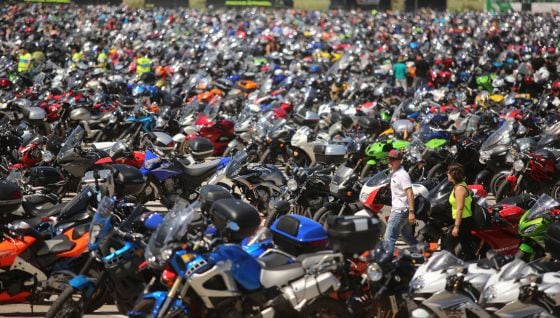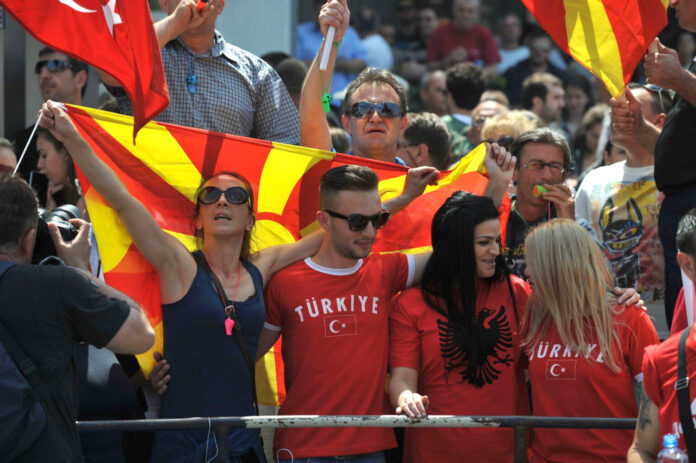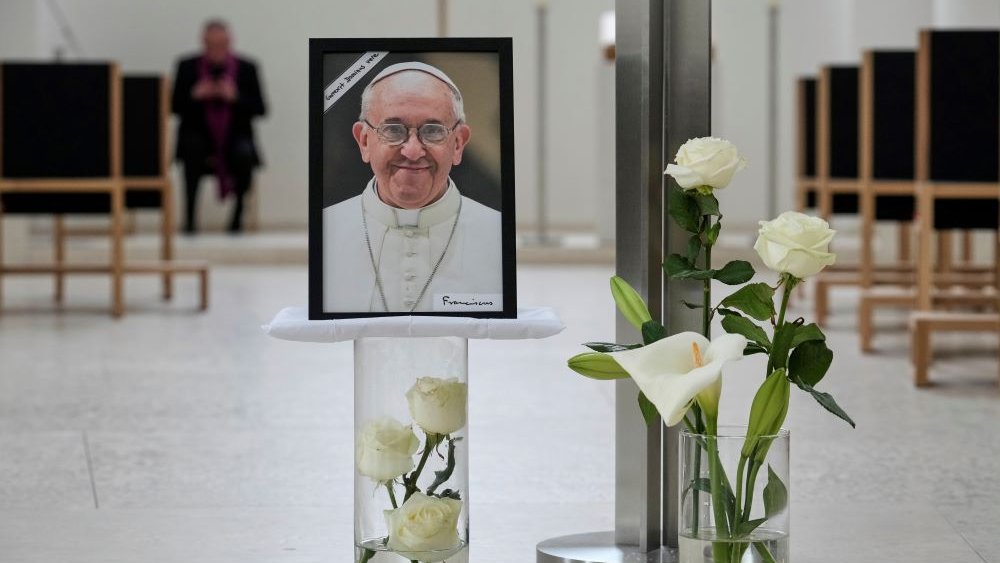Interior maintains the purchase of bulletproof vests from the Israeli company of the controversial ammunition contract | Spain

Bullets, no; Antibala vests, yes. The Interior Ministry will continue with the acquisition of about half a thousand ballistic plates of « high level of protection » to reinforce the individual kitchen of civil guards that has recently awarded Israeli Guardian Homeland Security companythe same with which the department of Fernando Grande-Marlaska had signed the contract of 6.6 million euros to supply 15 million bullets that will be terminated « unilaterally » by decision of Pedro Sánchez After verifying that The controversy purchase put at risk the government coalition. A spokesman for the department of Fernando Grande-Marlaska justifies the decision in which these plaques, unlike the ammunition, « are not considered armament » but « protection material for security forces and bodies », so they do not affect the veto against the defense material from this country announced this Thursday by the Moncloa Palace. This same source defends that this criterion is shared by the government as a whole.
The tender contest of this reinforcement for the bulletproof vests began in September 2024, almost a year after the war began in the Gaza Strip and five months later that Sanchez assured in the Plenary of the Congress, to questions by the spokesman of ERC, Gabriel Rufián, that “since October 7, Spain does not develop any operation of sale of arms with Israel, none.” According to the justification memory of the contest, Interior initially intended to acquire at least 320 ballistic plates Level IV and 117 High Flanding Antibalas vests for maritime service agents of the Civil Guard to comply with the instruction of the Secretary of State for Security that, in 2022, launched the Special Plan for Security 2022-2023 for the Gibraltar field.
Since the department of Fernando Grande-Marlaska activated this operation, both the Civil Guard and the National Police have reinforced the safety of its agents with different material such as bulletproof vests or ballistic shields with the capacity to resist the impact of 7.62 millimeters to 7.62 millimeters fired at only 15 meters away after verifying that drug traffickers and jihadist terrorism organizations They increasingly use war weaponsof greater power than the guns and revolvers that they used until recently.
Last December, the Grande-Marlaska team agreed to leave the contest part deserted to acquire the high flexible bulletproof vests after verifying that « no offer or proposition that is admissible » had been received to supply this material, in which about 205,000 euros were to be allocated. Two months later, in February, he was awarded the second lot, the corresponding to the high -resistance ballistic plaques, for a final price of 320,000 euros, VAT included to the Israeli company Guardian Homeland Security when considering that it met “with the technical requirements and needs raised in the specifications that regulate the tender”, as recorded in the documentation of the public access file on the state contracting platform.
The decision was initially delayed because the Israeli offer presented a “disproportionate or abnormal low” since it proposed to deliver for the same amount many more plates that the tender collected: 463 compared to 320. After presenting the company diverse complementary documentation, finally interior accepted the proposal. On April 10, Interior number two, Rafael Pérez, Secretary of State for Security, signed the contract with the Single Administrator of the Israeli company and set a maximum period of five months for the delivery of the material. The agreement was published six days later in the Official State Gazette (BOE).
Guardian Homeland Security was not before the now termination of the ammunition or that of the ballistic plates that a company unknown to interior remains in force. This Israeli company had won in October 2020 – when there were still three years to explode the war in the Gaza Strip – A contest to supply the Civil Guard 9,216 guns. The purchase of those guns, called RamonIt was also then wrapped in the controversy after professional associations of civil guards complained that the weapon, which began to be distributed in the units in 2021, allegedly gave problems when shooting since it was more frequently pigeoned than the model they were going to replace.
The Israeli company always denied the criticism and then attributed the problems to the ammunition of 9 millimeters then used by the Civil Guard and that it was from other manufacturers. Interior admitted in January 2023 in a parliamentary response that 87 of these weapons had suffered incidents during shooting exercises, so the manufacturer had requested an update of the pieces to improve the behavior of the guns. « The agents are currently providing them and have not given problems again, » a source of the General Directorate of the Civil Guard told this newspaper last Wednesday.







